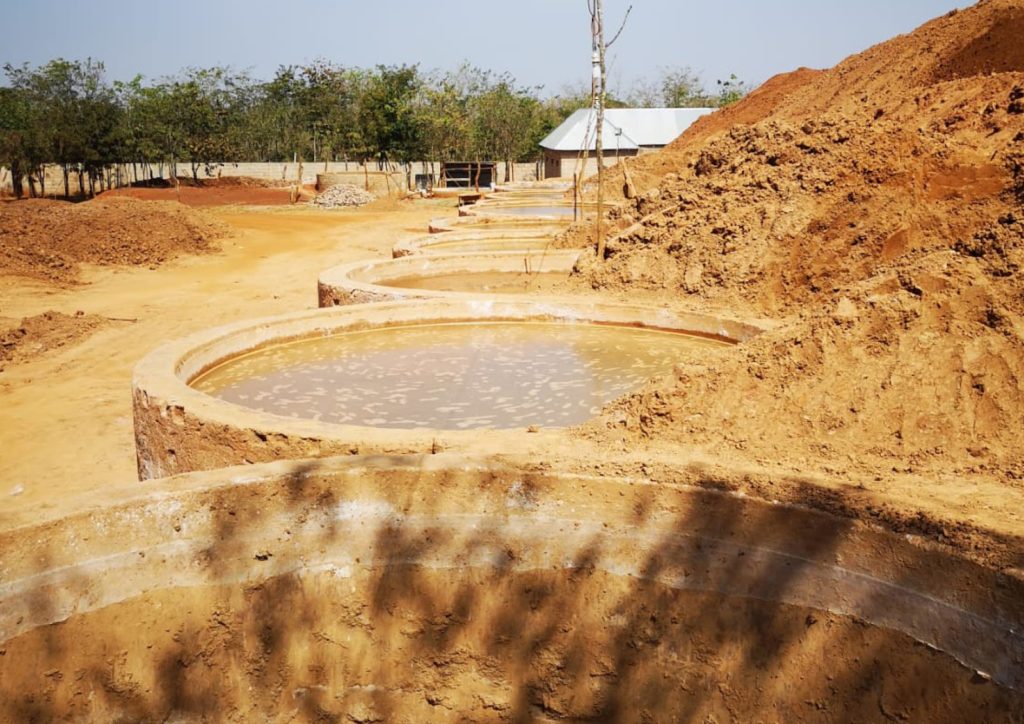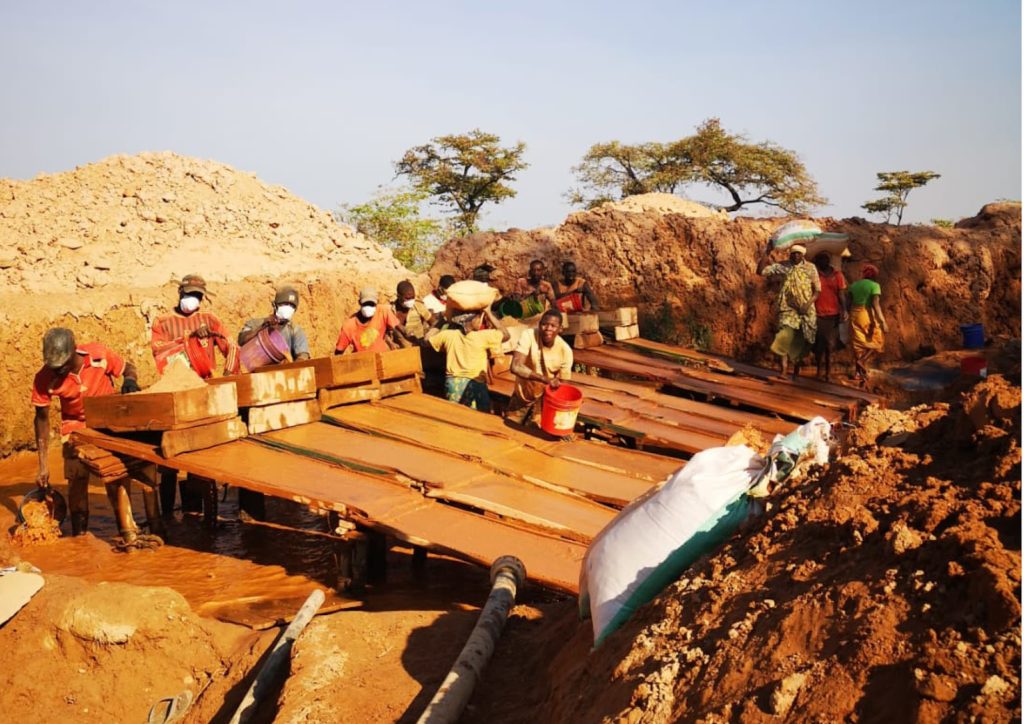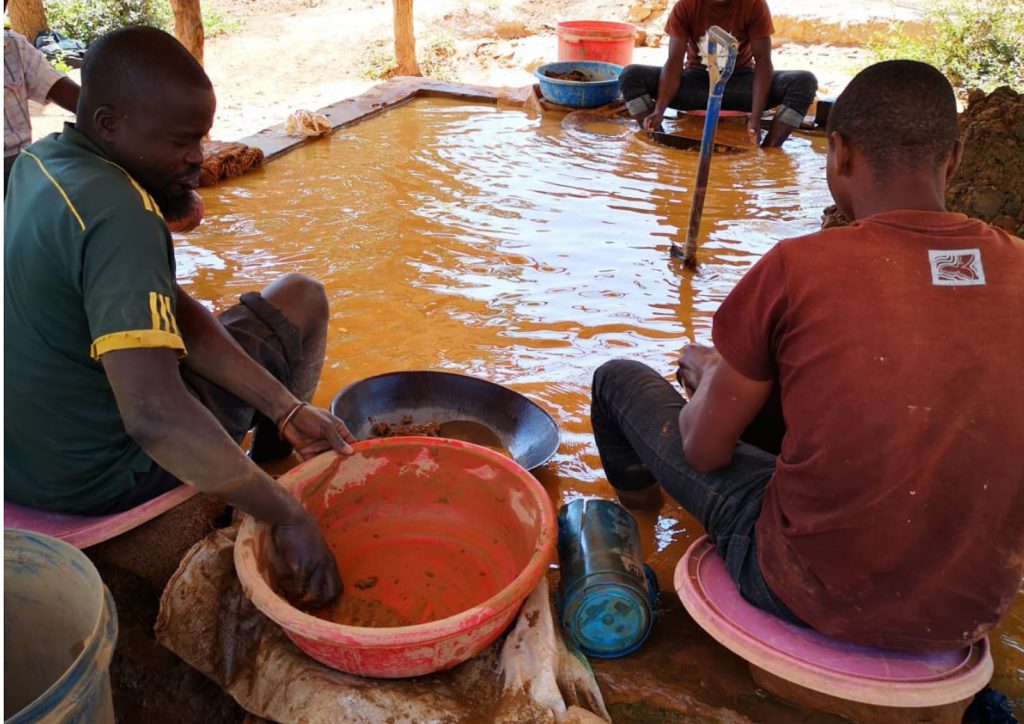
Heightened risk
The artisanal and small-scale mining (ASM) sector in Africa has been disproportionately affected by infectious diseases such as TB, Cholera, and HIV/AIDS. The recent emergence of COVID-19 compounds these health challenges, creating a grave situation for miners. Artisanal small-scale miners tend to be nomadic and follow gold rushes in remote areas. They create communities where basic systems like sewerage, water, access to schools and health facilities are not available. In addition to cutting down trees for shelter and a source of energy, they end up using the bush as toilets. Unfortunately, COVID-19 prevention campaigns on hygiene, washing of hands with soap or sanitizers and social distancing may not be reaching mining communities.
For years, there have been calls to improve access to essential facilities for artisanal and small-scale mining, however challenges remain. With large scale mines, surrounding communities often play host to mine workers seeking to be close to work. Therefore, any services catering to these communities must be expanded to take into account the increased population.

Those seeking to provide services and information must do so with an understanding of the context. There are often challenges such as low network connectivity, underdeveloped schools, inadequate health or sanitation facilities, poor road networks, and very low incomes. COVID-19 prevention measures bring to light a specific set of contextual challenges:
-
Living conditions: Home settings don’t provide adequate space or separation for social distancing measures
-
Access to information: Access to information via the internet is limited, both due to personal finances and infrastructure.
-
Access to water: Water scarcity and inadequate facilities make proper and frequent hand washing a challenge.
-
Access to health facilities: Health facilities are either far or inadequate and testing for COVID-19 will be difficult.
-
Lack of personal protective equipment: Despite the conditions they work in, the majority of the miners do not have protective equipment.
-
Behavior change: The risk of COVID-19 may not register for many miners, considering the already high-risk nature of their daily work.
A call to action
Governments must recognise and put in place COVID-19 and other legislation that acknowledges artisanal and small-scale miners. This would enable councils and community development agents to budget for development in these communities, and better respond to challenges such as the current pandemic. Large scale mines must also be held to their contract and social responsibility commitment of developing the communities they are mining from.

There is a need to work on reversing the resource curse that many resource rich countries are facing now. Many African countries are struggling to provide the basic needs to their citizens, and with the current pandemic, they are looking to foreign donations for protective wear medical equipment and upgrading of hospitals to cater for their citizens in need.
The contributions of ASM communities touch lives around the globe – from our phones to computers to jewelry and more. The workers must be protected, both in this current crisis and after.
